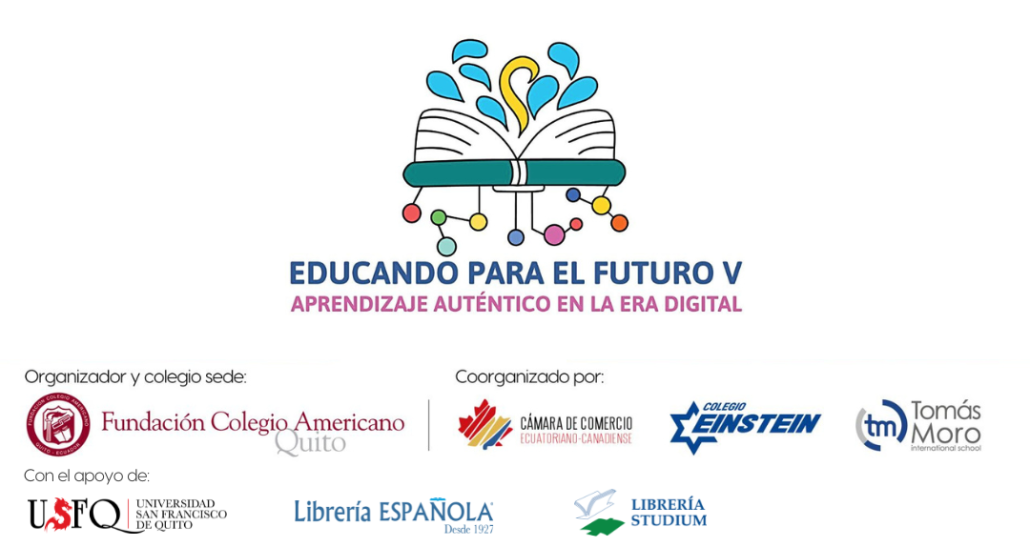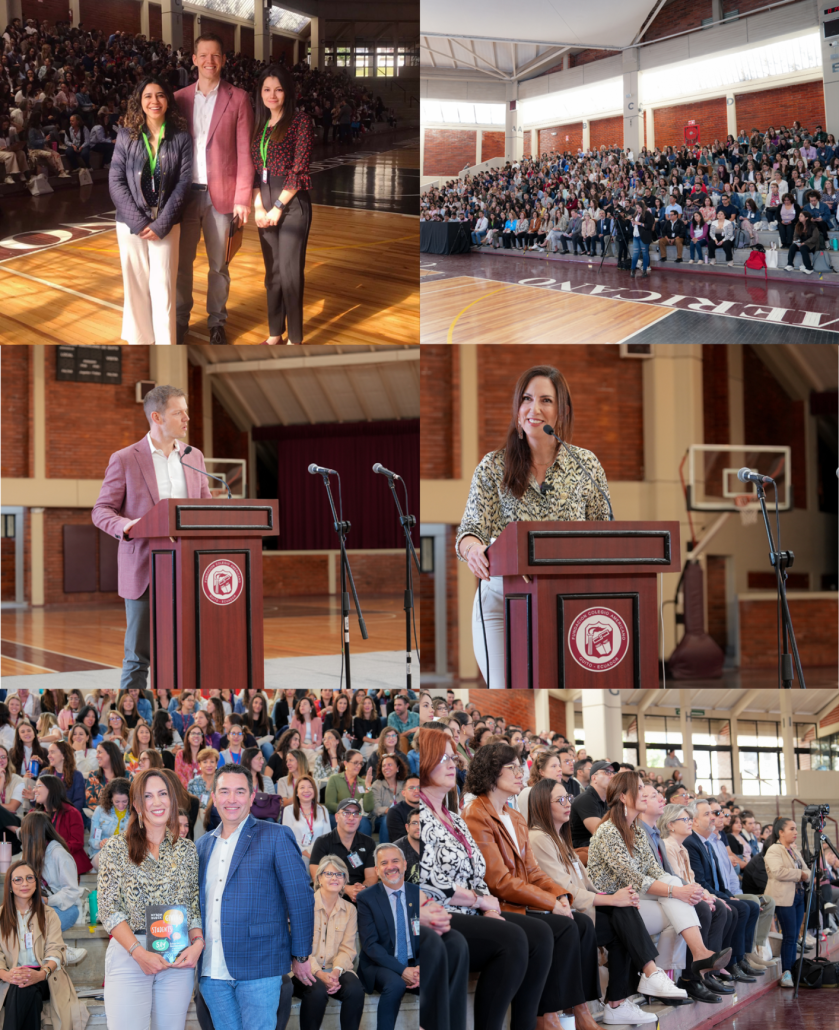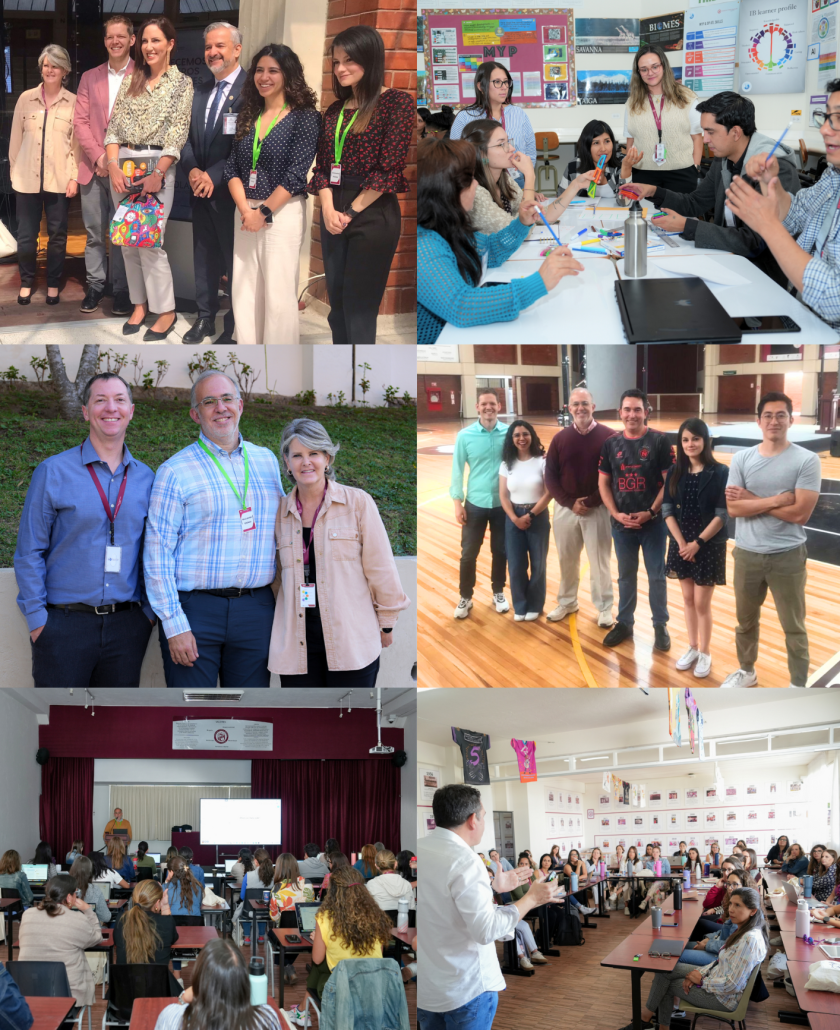
En octubre, el Comité de Educación de la Cámara de Comercio Ecuatoriano Canadiense, conformado por el Colegio Americano de Quito, Colegio Einstein y Tomás Moro International School, llevó a cabo el exitoso Congreso Educando para el Futuro V: «Aprendizaje Auténtico en la Era Digital».
Fue un evento increíble, lleno de inspiración y aprendizaje sobre cómo la inteligencia artificial y el aprendizaje con propósito están transformando la educación. Tuvimos el honor de contar con la participación de la ministra de Educación, Alegría Crespo, y con expertos de renombre como Myron Dueck de Canadá y Gabriel Rshaid de Argentina, quienes compartieron valiosas perspectivas.
Este evento ofreció una plataforma excepcional para explorar cómo el aprendizaje con propósito y la inteligencia artificial están transformando la educación. A través de sesiones plenarias, talleres interactivos y oportunidades de networking, los asistentes pudieron inspirarse y conocer las últimas innovaciones educativas.
Agradecemos a nuestros auspiciantes:
USFQ
Librería Studium
Librería Española
Juntos, estamos construyendo un futuro educativo más innovador.
¡Nos vemos en la próxima edición! 📚💡



